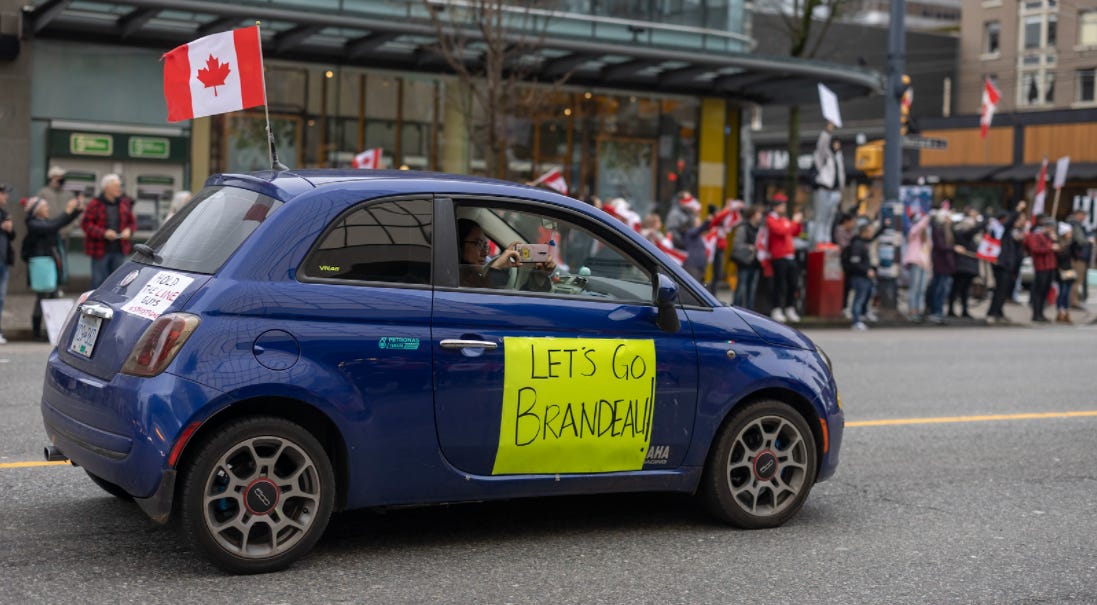Two lessons from the Freedom Convoy protest
It's fun to laugh at, but the right's latest astroturfed publicity stunt actually has a few important lessons for socialists.

It’s easy to laugh off Ottowa’s antigovernment Freedom Convoy protests as a ridiculous publicity stunt by a fringe minority since that, well, is exactly what it is. An abysmal 2% of the truckers predicted to participate actually showed up, and polling released this week shows that only 22% of Ot…
Keep reading with a 7-day free trial
Subscribe to Carl Beijer to keep reading this post and get 7 days of free access to the full post archives.




